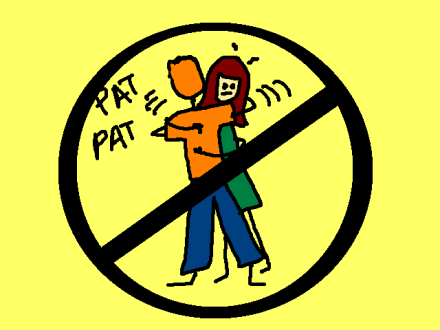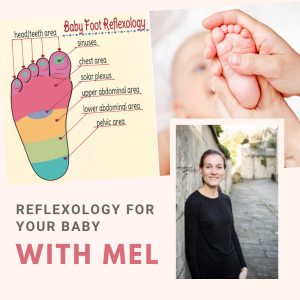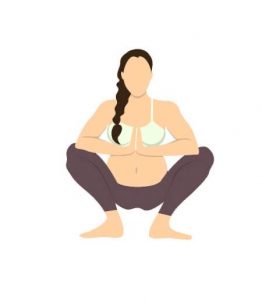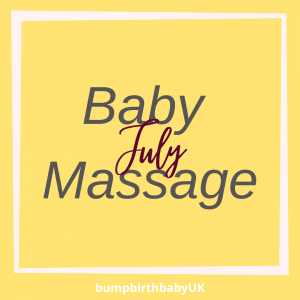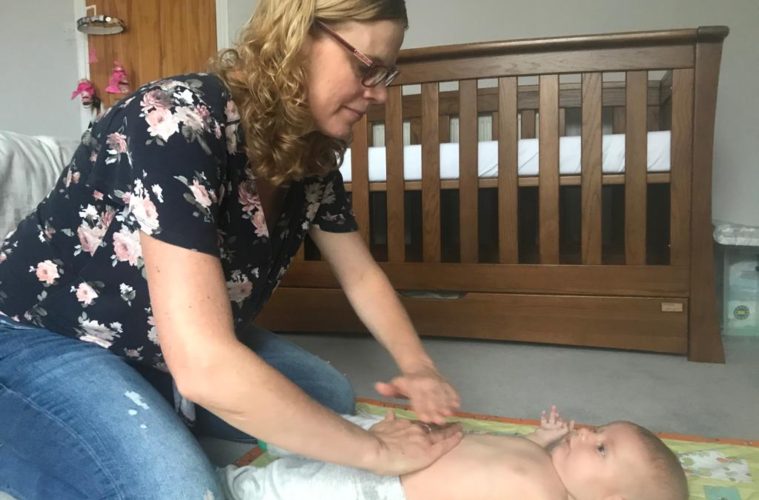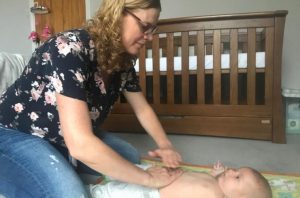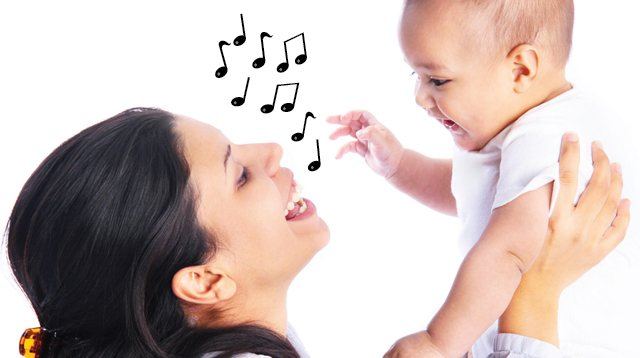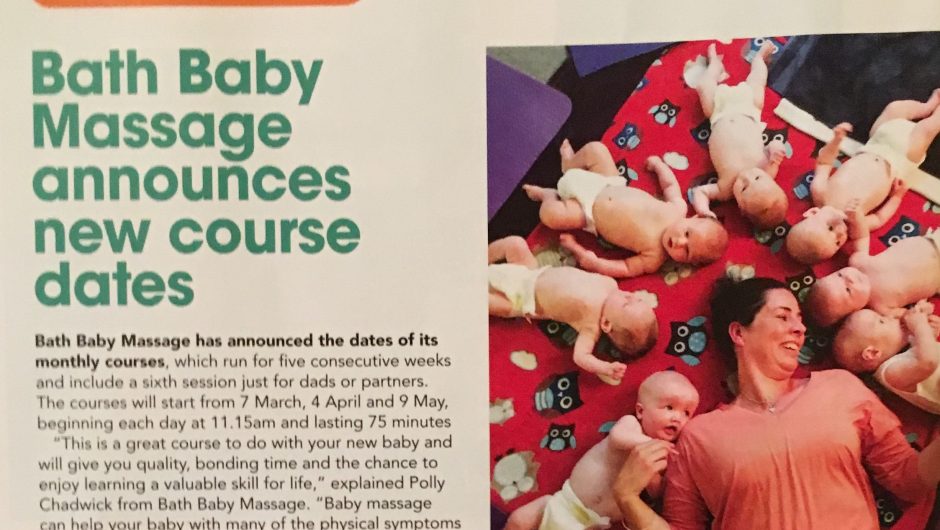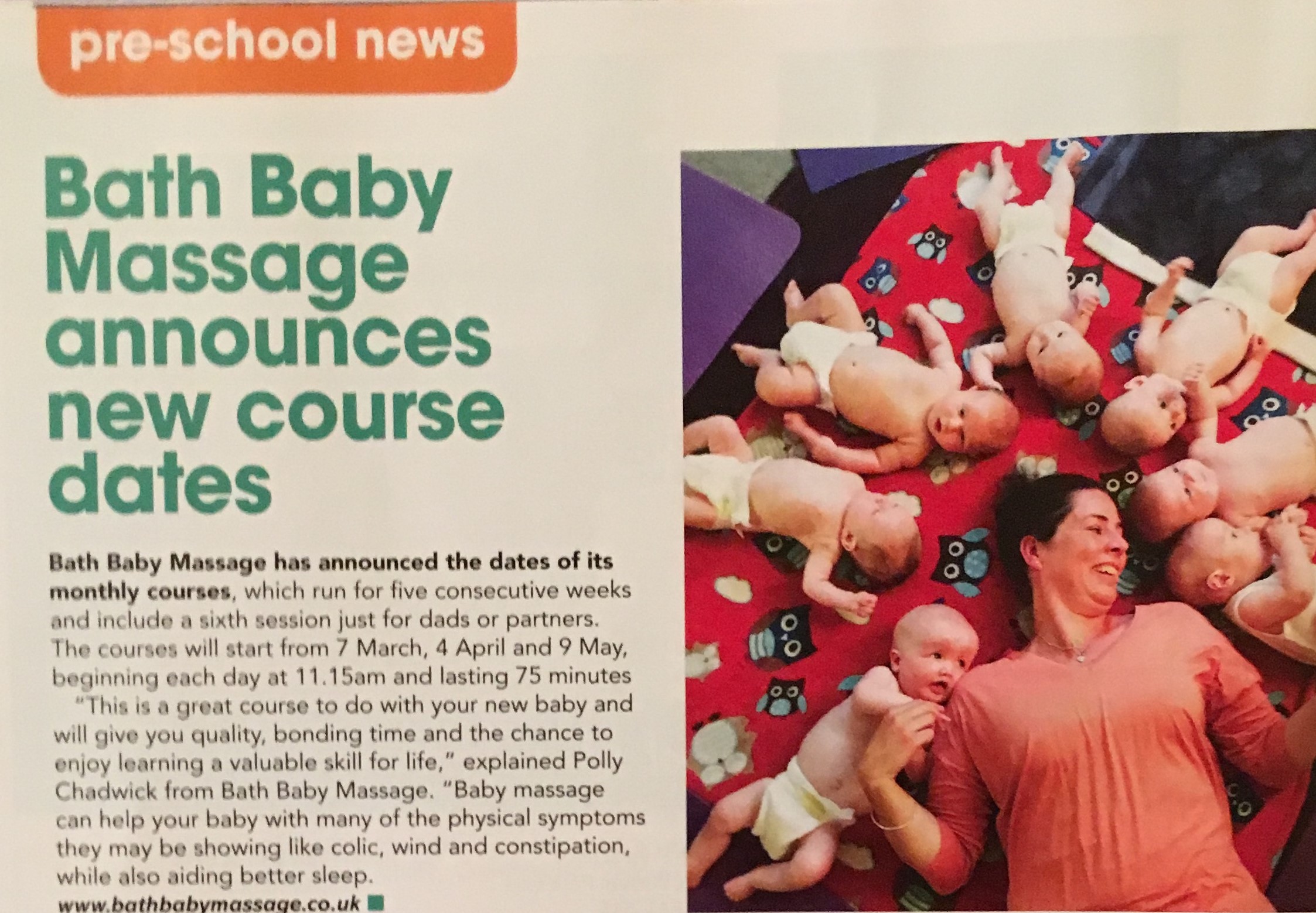The importance of positive touch on our wellbeing & development is huge – we are advocates of positive touch and know the huge benefits of it. That’s why we are passionate about teaching parents the art of baby massage, and all it has to offer. We’ve always believed positive touch from birth has a huge impact on our wellbeing and development.
This quote from Dr Katerina Fotopoulou, professor of psychodynamic neuroscience at University College London says it all. “The need for touch exists below the horizon of consciousness. Before birth, when the amniotic fluid in the womb swirls around us and the foetal nervous system can distinguish our own body from our mother’s, our entire concept of self is rooted in touch. The human body has built all its models based on touch received from caregivers. We’re utterly reliant on the caregiver to satisfy the body’s core needs. Little can be done without touch”
Lockdown has prevented most new parents from meeting up with other new parents, and having that important support bubble around them. Without many baby/toddler groups running another lifeline has been taken away.
Online classes are a good alternative option and still offer support, contact with other parents and a break from lockdown stresses. The importance of positive touch on our wellbeing & development is huge and joining an online course will bring you some of that.
We are running our courses throughout February and March so get in touch for more details.
This recent article explores the affects of not having physical touch over the past year on our mental health –

